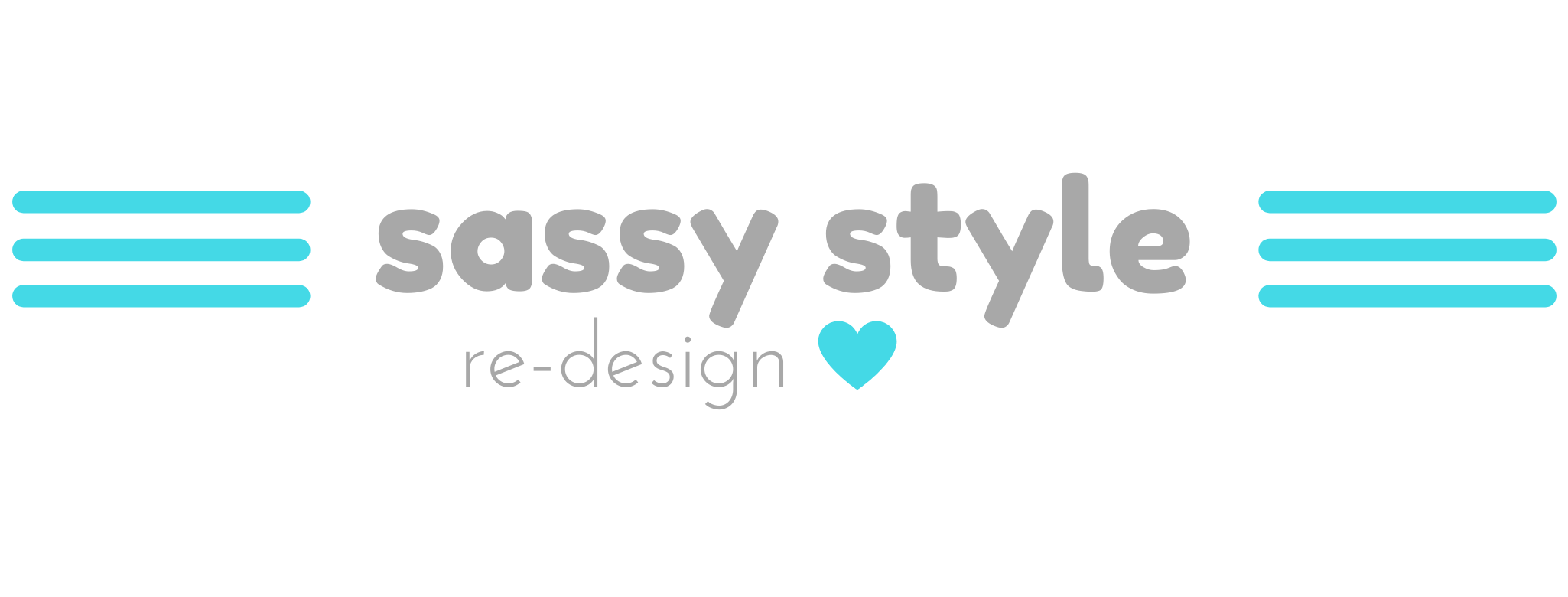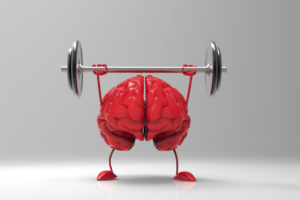What Can I Expect To Learn in a Residential Treatment Program?
Residential treatment facilities are most often designed for mental health issues, substance use disorder (SUD), or co-occurring diagnosis of mental and SUD. They can help with a wide range of issues, including, but not limited to, major depression, anxiety disorder, bipolar disorder, trauma, gender dysphoria, eating disorders, autism spectrum, self-harm, and SUD. While there is a lot that one can learn in a residential treatment facility, it will always be up to the individual to engage and open themselves to learning.
Here are five things you can expect to learn at a residential treatment facility.
1. Information About Your Condition

Even though you are living with a mental illness, you may not fully understand it. This fact may be particularly true if you were recently diagnosed or just recently sought help. You can learn depressive symptoms and anxiety symptoms to know what you are experiencing and what to watch for. If you learn to recognize the symptoms of your disease, you can work towards managing them better and taking control of your life.
2. Long-Term Treatment Options

Depending on the mental illness or disorder you are being treated for, you may have several long-term treatment options. There are long-term inpatient facilities that you can live in through treatment. There are outpatient treatment options that provide intensive therapy, but you can live at home and work as usual. Some medications can help regulate your symptoms. You can participate in different types of treatment like psychotherapy, group therapy, and cognitive behavioral therapy to see how you feel about each option. Regardless of the treatment program, it is critical to seek long-term treatment because mental illness, disorders, and addictions do not just go away. You need to adopt a long-term approach, which you can learn during your residential treatment program.
3. Understanding Your Triggers

You can also learn how to recognize your triggers. Triggers are things that cause your mental health symptoms to get worse, or they trigger a need to engage in harmful behavior. For example, when seeking residential addiction treatment, you will learn to recognize the things, people, and places that make you want to use your drug of choice. You then learn how to engage in healthy coping behaviors that will help you not engage in harmful activities. While avoiding triggers is important, especially initially, you can’t always prevent them, so learning what to do when triggered is critical.
4. Cognitive Behavior Therapy

Cognitive Behavior Therapy or CBT is a method of therapy that allows you to look at why you act the way you do and how to act differently. It takes a mind-over-matter approach to mental health and substance use disorder. Mental health professionals commonly use this type of therapy for people who need to take a long-term approach to their mental health due to illness, but it can help anyone in decision-making. CBT for depression and anxiety is taught at many residential treatment programs because nearly anyone can learn the basics relatively quickly.
5. Prognosis

When you heard the word prognosis, many people think about how long they are going to live. However, the prognosis is more extensive than just how long you are going to live. In residential treatment, you can learn what kind of life you can expect to have when you live the treatment program. You can learn about all the positive things that can still happen in your life and all the options when living a healthy life. You can learn to have hope for your future instead of only looking at the negative. Living with a mental health disorder or illness can be hard to deal with, and hope is needed.



































No comments